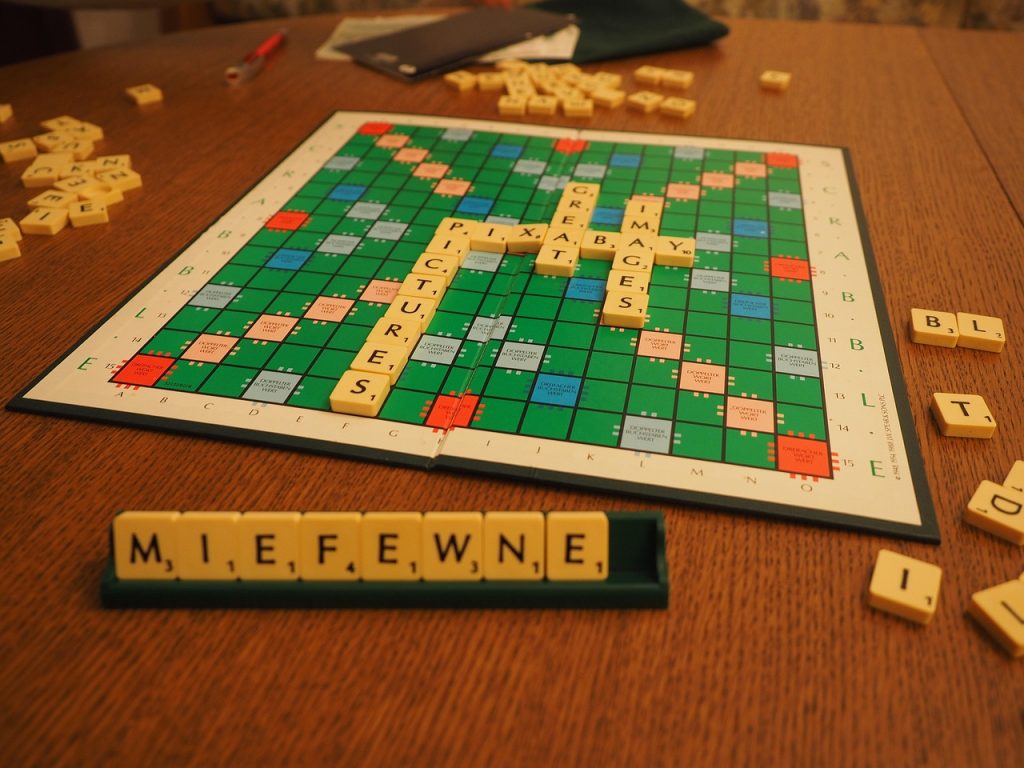When was the last time you played just for the joy of it? Every year on 11 June, the United Nations invites us to reflect on this question by celebrating the International Day of Play. Play is not just entertainment—it is a powerful tool for learning, growth, and inclusion. According to Article 31 of the UN Convention on the Rights of the Child, play is a fundamental right for every child. And research shows its value extends well beyond childhood.
The UN highlights play as a universal language that helps people of all ages solve problems, build relationships, and develop new skills. For children, play strengthens physical, emotional, cognitive, creative, and social abilities. It offers a safe space to explore, especially for those facing adversity such as war or displacement, providing a sense of normality and relief. When families play together, it improves mental health and strengthens bonds.
And play is not just for children. Adults, too, benefit from play—it boosts mental health, reduces stress, and nurtures creativity and connection. Whether through sports, games, or artistic expression, play invites people of all ages to experience joy and rediscover their imagination.
Scientific research reinforces these insights. Pensavalle et al. (2024) explore how board games in correctional settings can teach life skills like decision-making and planning. Their review suggests that structured play supports motivation, inclusion, and mental well-being for people in prison.
Other research compares types of play. Martinez et al. (2023) found that playing video games improves cognitive functions such as mental flexibility and working memory. While board games did not show the same cognitive impact in that study, the findings suggest that different types of games benefit the brain in distinct ways.
Play is not only personal—it also supports collective goals. A study by Fraga et al. (2025) on urban education found that gamification—using elements of play in city learning—enhances public engagement and supports sustainable urban development. Involving people through playful strategies also contributes to global goals, such as the UN’s Sustainable Development Goals.
Educational and cultural institutions also play a vital role in promoting environments where play is encouraged, valued, and integrated into daily life. From museums to schools and community centres, these spaces foster curiosity, interaction, and creativity through playful experiences.
Think of your own surroundings: do you have spaces that invite play? Do you make time to play with others, or even alone?
Associate Professor at University of Granada


